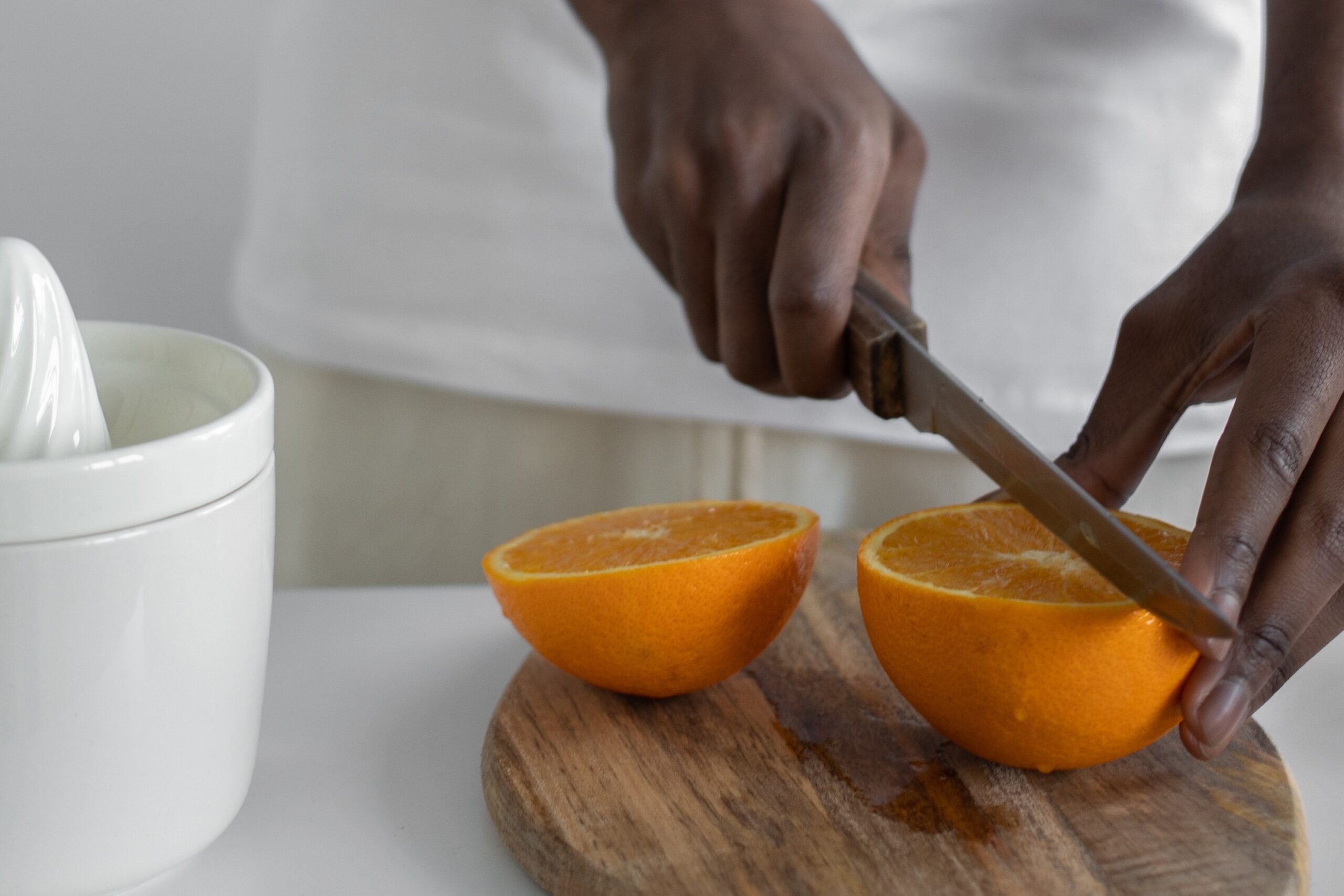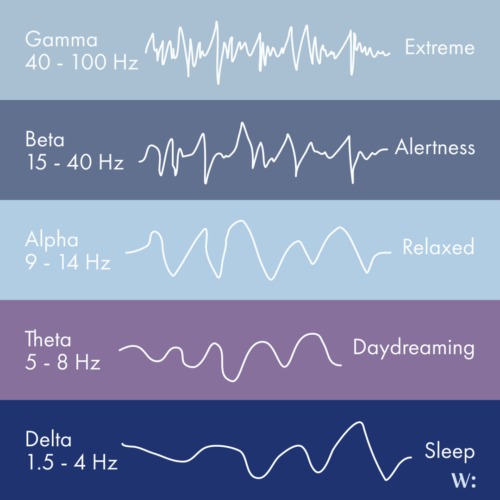This is what inflammation does to your mood, cognition and health – and how to turn it to your advantage
Inflammation is essential for our health. But when there’s too much of it it can damage our well-being and contribute to depression, slower thinking, lower libido, obesity, and shorter life in general. Understanding inflammation is a long but exciting journey. So let’s delve into the vast world of research on inflammation, and learn what you can do to keep inflammation working not against you, but for you.

Inflammation is your immune system’s best attempt at protecting your body. It plays a crucial role in keeping you safe from external threats like bacteria and viruses, as well as internal ones like toxic molecules and unwanted cells. Inflammation is your body’s hard-working, diligent “repair and manage” team.
And this team doesn’t have days off, they work 24/7 to ensure you are in your best health. They, like a crew of preying cats constantly look out for any new problem they can rush to fix. These “problems” can be obvious like an open wound, a full-body viral infection, or an overgrowth of “bad” gut bacteria, but they can also be not so obvious – like blood sugar spikes, or chronic stress. And this is where problems begin.
"Inflammation increases during infection. But there are other non-obvious inflammation triggers. And they can create some problems"
You see, on average our modern lifestyle is full of these non-obvious things that can increase inflammation. As we’ve mentioned – blood sugar spikes, stress, but also large amounts of saturated fat, alcohol, sleep deprivation, social isolation, and more (stay tuned). Your persistent “repair and manage” team throws itself into repairing and fixing these non-obvious threats, only to find itself doing more harm than good.
Think of it this way: repairing only the sink in your house is helpful and causes little disruption, but repairing every single appliance all at once can make the house unlivable. Too much repairing makes the house unlivable, and too much inflammation makes the body unlivable.
You may also like: Chronic inflammation: the silent root-cause disease
Negative effects of persistent mild inflammation
When we constantly expose ourselves to these small non-obvious inflammation triggers, we are keeping our immune system in this state of quite low but persistent inflammation. It can act all over your body, including your brain. One can only guess, that long-term inflammation wouldn’t be good for the body. And it isn’t.
Inflammation has been linked to:
- Depression
- Impaired cognition (memory, learning)
- Neurodegenerative diseases like dementia and Alzheimer’s
- Mood regulation
- Thinking speed
- Cardiovascular problems
- Stroke
- Obesity
- Immune function
- Lower libido (in females)
- Shorter life
In one 2021 American study, researchers discuss how inflammatory signals, particularly from chronic stress, can even cause brain cell degeneration in the prefrontal cortex (PFC). The PFC is responsible for thoughts, actions, problem-solving, and emotional regulation. It’s the “intelligence” part of the brain. So, you can guess what happens when it’s harmed.

Factors that increase inflammation
We should say that research into inflammation’s effects on mood and cognition has just started gaining large scientific attention, particularly in the last two decades. That’s why we have more research done on rats and mice than humans. It’s important to remember that studies on lab animals aren’t a substitute for studies on humans, but they are still extremely helpful to get the general idea of how inflammation acts in us.
This is what has been shown to increase inflammation:
- Chronic stress
- Social stress and social isolation
- Sleep deprivation
- Sugar (including fructose)
- Highly-refined carbs (white bread, white rice, pastries)
- Saturated fats and trans fats
- Alcohol
- Smoking
- Fried, grilled, and baked foods (foods treated with high temperatures)
- Your gut microbiome characteristics
- Ageing itself
The last point might be confusing. Ageing? How can ageing increase inflammation? Scientists aren’t yet sure about why ageing increases inflammation, but they know that ageing brings inflammation with it. That just seems to be the general trend. As we age, our levels of inflammation increase.
Factors that decrease inflammation
Let’s bring some positivity.
All this knowledge was probably quite stressful. And stress increases inflammation. So is this article pro-inflammatory? Let’s not overthink this too much, and look at the other side of the coin. There are clear things you can do to reduce inflammation! Again, not all of this research is done on humans, so there is a window for more future corrections and discoveries.
This is what has been shown to decrease inflammation:
- Physical activity
- Stress reduction (mindfulness meditation)
- Positive social experiences
- Joy (high levels of dopamine)
- Omega-3 fatty acids
- Probiotics
- Antioxidants (flavonoids, phenolics)
- Vitamin C and E
- Fiber intake
- Lower saturated fat intake
- Calorie restriction
- Diets like the Mediterranean diet and the anti-inflammatory diet
Do you see it? The picture beings to paint itself. Once we compare the things that can increase inflammation with the ones that can decrease it, it’s clear what the anti-inflammatory lifestyle looks like. It’s what health experts have been vouching for all along. The key to a healthy lifestyle with optimized inflammation is a healthy diet, healthy sleep, good social interactions, and the queen of good health – exercise.

Anti-inflammatory tips to include in your life
You might be thinking: “Okay, so what exactly should I do?” Let’s break each factor down. We understand that it can be hard to follow each and every step, but it doesn’t need to be perfect. Every little thing you do towards decreased inflammation will be a little step toward a healthier and happier life. Literally.
Physical activity
There isn’t a universal guideline to how much exercise is considered enough exercise. But it seems like many experts’ answers revolve around 4 times a week. And exercising doesn’t have to be something huge. As little as 30 minutes of an activity that gets your blood flowing can be considered a proper exercise session.
Whichever physical activity you like: hiking, tennis, or going to the gym, pick one that will really motivate you to do it. We, humans, like to do things that bring us joy. So in order to stick with the habit of exercising, pick one that you like most.
You may also like: Why we need muscle for a high-quality life
Diet
There are so many diets out there that are supposed to be the “healthiest” in regard to managing inflammation. The Mediterranean diet, the DASH diet, the MIND diet, and the anti-inflammatory diet. And they all have their advantages. But looking through them, we can see that they have something in common.
If you are not sure which diet to start with there are rules that unite them all. No matter what diet you choose, including these foods has been linked to decreased inflammation:
- Fiber: whole grains, beans, fruits, and vegetables
- Omega-3s: fatty fish like salmon, sardines or mackerel, flax seeds
- Antioxidants: blueberries, cocoa, turmeric, and broccoli are some good proven options, but virtually every fruit and vegetable contains antioxidants
And here are the foods that have been shown to increase inflammation, so it’s better to limit them:
- Sugar: sodas, fruit juices, sweets
- Refined carbs: breakfast cereals, white bread, white rice, instant oats, pastries
- High-temp-treated foods: fried, grilled, baked, charred foods
- Saturated fats: butter, cheese, margarine, shortening, processed meat
Trans fats: oil-fried foods, processed meat
You may also like:
Sleep
Around 7-9 hours of sleep is generally recommended. But not every sleep is equal. To make your sleep as refreshing as possible, keep to these three rules:
- Make your sleep environment as pleasant, and distraction-free as possible. Create your perfect sleep sanctuary! Why not?
- Lower the temperature in the room by a few degrees
- Maintain a consistent sleep schedule
You may also like: How to optimize your circadian rhythm and improve sleep
Reduce stress
Whether you’re trying mindfulness meditation, listening to relaxing sounds, or just spending quality time with your favorite people, stress reduction is as powerful of a tool in reducing inflammation, as exercise or diet.
There are probably as many different ways to reduce stress, as there are people on Earth. But if you want to try something new and science-based, here are two of our favorite stress reduction methods: pink and brown noise and gratitude journaling. Especially gratitude journaling has rigorous evidence to prove that it can significantly help you feel better on a regular basis.
You may also like:
Moderation is key (how not to overdo anti-inflammation)
It might be tempting to try to implement every single inflammation-reducing method into your life. But it’s not necessary. In fact, trying to tick every single box and creating a “perfect” lifestyle can be a stress factor of its own. So just make sure to implement at least one thing from all the things mentioned at a time.
You can even decrease inflammation by having good social interactions! – tell your friends about what you’ve learned. Just maybe don’t recite every single thing, as it might stress them and increase their inflammation.
After starting the inflammation reduction journey, maybe one day you will notice that you actually feel better. Your body has transformed! But there’s no magic. It’s all because your inflammation rangers are doing their job just to the right amount. You and your “repair and manage” team are now in harmony.
More from the magazine
Selected stories from our Team








